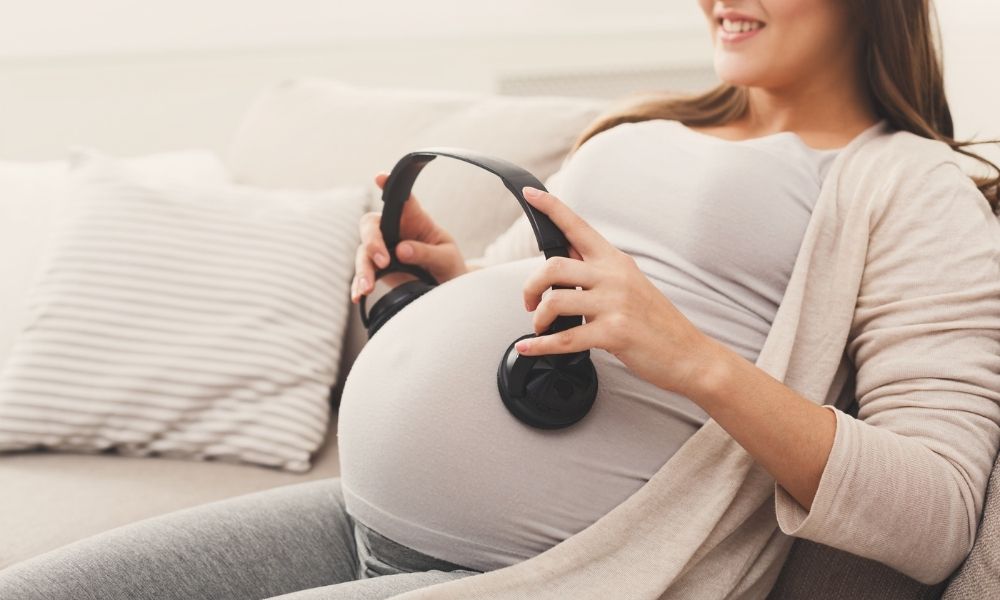Parenting is deeply shaped by culture. In the UK, we often juggle school runs, homework, extracurriculars, and the ever-present pressure to keep children on track for future success. But looking beyond our borders can be refreshing—and even liberating. One country drawing attention is Finland, renowned for its innovative education system and family-first culture. Finnish parenting methods offer thought-provoking alternatives that challenge some of our most ingrained routines in the UK.

Forest Schools and the Power of Nature
In Finland, children are encouraged to spend significant time outdoors regardless of the weather. Forest schools and nature-based play are standard, not optional extras. The philosophy is that outdoor play builds resilience, creativity, and emotional wellbeing. Contrast this with the UK, where rainy days often keep children indoors with screens. A 2023 National Trust survey found that British children spend, on average, less than four hours a week outdoors—less than many prisoners. Finnish children, meanwhile, routinely clock hours outside each day, even in sub-zero temperatures.
Dr. Helen Dodd, Professor of Child Psychology at the University of Exeter, has warned that children’s reduced access to outdoor play in the UK may be contributing to rising rates of anxiety and depression. The Finnish model offers a simple but powerful antidote.
Takeaway for UK parents: Making outdoor time a daily non-negotiable—whether it’s walking to school, an evening park trip, or a rainy-day scavenger hunt—could support healthier routines and reduce reliance on digital distractions.
Early Independence and Responsibility
Finnish children are often trusted with independence at a much younger age. Walking to school alone, preparing simple meals, or managing small responsibilities are seen as confidence-builders. In the UK, however, a 2022 YouGov poll found that only 25% of parents felt comfortable letting their 10-year-olds walk to school unsupervised. Our more cautious mindset, rooted in safety concerns, often delays these milestones.
Psychologist and parenting expert Dr. Amanda Gummer has suggested that while safety is paramount, overprotection can limit children’s ability to problem-solve: “Children need the opportunity to make mistakes and learn from them. Shielding them too much doesn’t build resilience—it undermines it.”
Takeaway for UK parents: Introducing gradual independence—whether it’s letting children make their own packed lunch or walk part of the school route alone—can foster confidence without compromising safety.
Family Time over Frenzied Scheduling
Where UK families often fill evenings with clubs, tutoring, and structured activities, Finnish parents tend to prioritise unhurried family time. Saunas are not just for relaxation but family rituals. Meals are shared slowly, and evenings are valued as moments of connection. This contrasts with the UK’s busier pace, where family time is often sacrificed to the calendar.
A 2024 Parentkind report revealed that British parents spend an average of only 34 minutes of quality, device-free time with their children on weekdays. In Finland, family evenings are treated as sacred. The pressure to constantly “do more” is absent, and the emphasis lies instead on simply being together.
Dr. Aric Sigman, a psychologist specialising in family life, notes: “Children don’t necessarily need more clubs or enrichment—they need more connection. Family meals, shared routines, and undistracted attention can be more impactful than any extracurricular activity.”
Takeaway for UK parents: Protecting family time—whether through a weekly ritual like a shared Sunday walk, a board-game night, or a technology-free dinner—can strengthen bonds more than another extracurricular class.

Lessons for the UK
Finnish parenting challenges us to rethink what we see as “normal.” While not every method transfers neatly across cultures, the principles of outdoor play, early independence, and prioritised family connection are universal. The UK, with its own strengths and traditions, could benefit from embracing a few of these Finnish habits.
Cross-cultural parenting isn’t about abandoning our routines but about expanding our toolkit. As Dr. Gummer put it: “Good parenting doesn’t have to look the same everywhere. Sometimes the best ideas come from looking beyond our own borders.” Finland is showing us that a simpler, slower, and more trusting approach to parenting may be exactly what children—and parents—need.
All information we provide is for educational and awareness purposes only. Any concerns should be discussed with your GP, Midwife or Healthcare Professional.
If you’re trying to conceive (TTC), you probably know that there are certain foods and nutrients that become especially important once you’re pregnant. But nutrition plays a vital role even when trying to conceive, much like laying a strong foundation before constructing a house.
Certain nutrients create that foundation by supporting egg and sperm health (yes, nutrition matters for both partners), hormone balance and creating a hospitable environment for a fertilized egg to implant. In fact, studies show that certain nutrients can help increase fertility and improve success rates for both natural conception and fertility treatments.
In other words, nutrition is a key player in the TTC journey, but getting the right nutrients in the right quantities can be tricky. That’s where supplements come in. Just as you’d take a multivitamin to fill in nutritional gaps for optimal health, fertility supplements can give you that extra nutrient boost.
Choosing supplements for your fertility journey
When choosing a supplement to support your fertility journey, look for science-backed, high-quality ingredients. Our editors are careful to select and partner with brands that use ingredients that have been clinically studied to support fertility. Eu Natural® (pronounced you) covers all those bases and more. We love knowing that Eu Natural® products contain zero artificial additives, binders, or fillers and are lab-tested to ensure purity and potency.

When choosing a supplement to support your fertility journey, look for science-backed, high-quality ingredients. Our editors are careful to select and partner with brands that use ingredients that have been clinically studied to support fertility. Eu Natural® (pronounced you) covers all those bases and more. We love knowing that Eu Natural® products contain zero artificial additives, binders, or fillers and are lab-tested to ensure purity and potency.





.jpg)

.png)
.jpg)

%20copy.jpeg)



